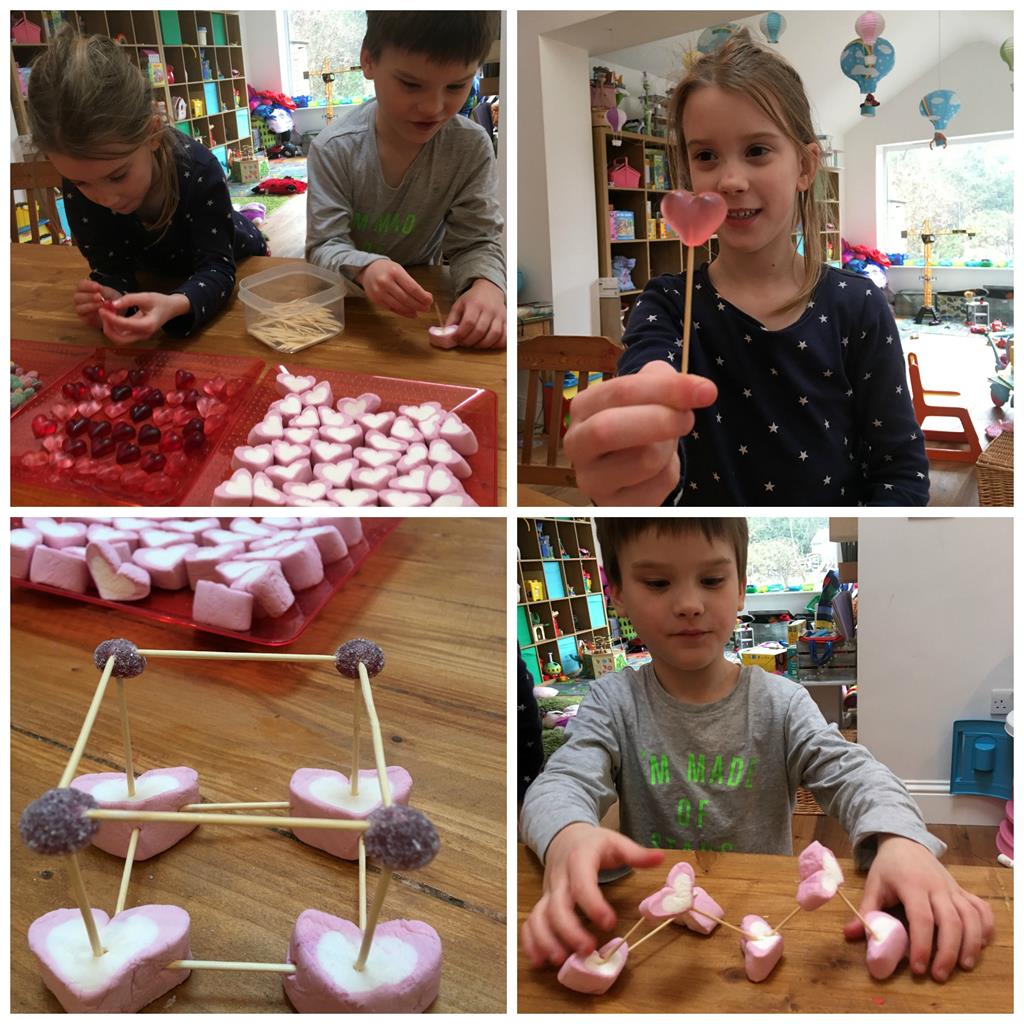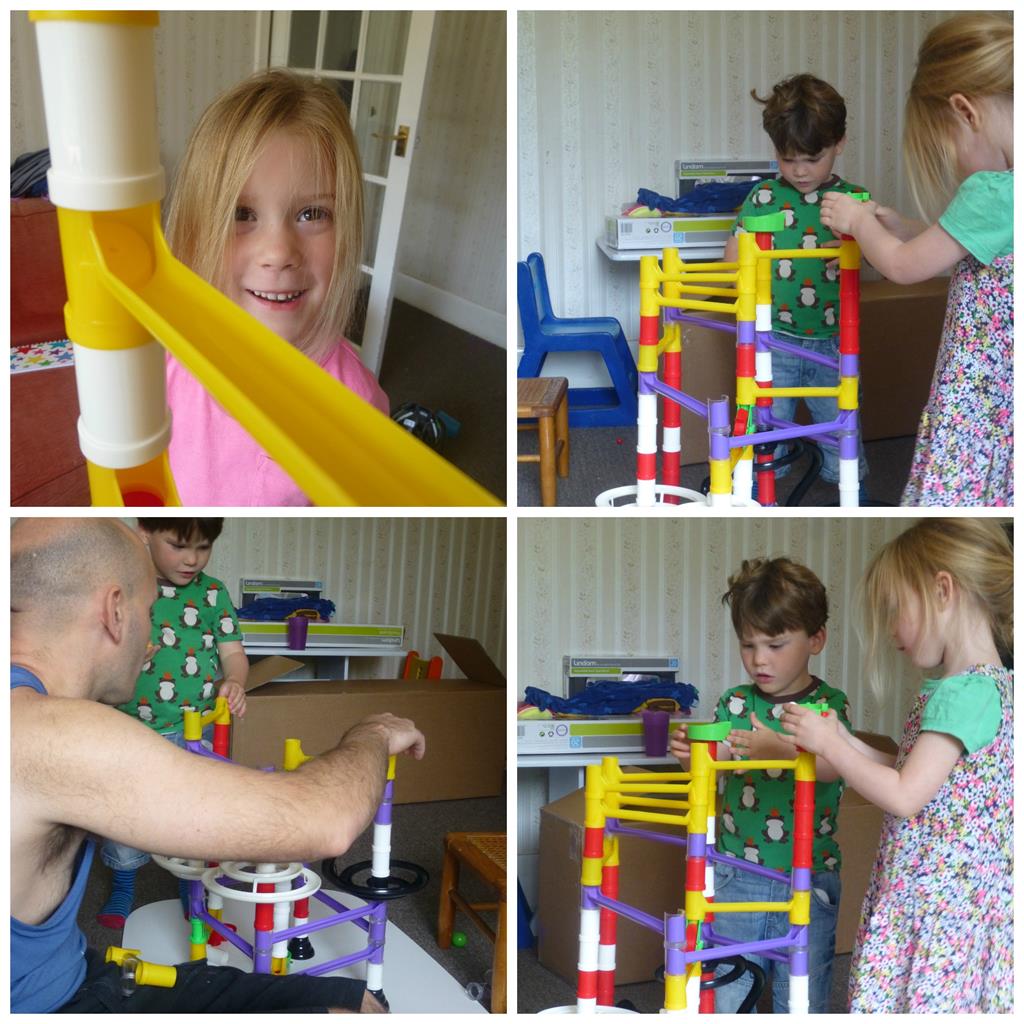This is a sponsored post
Science, technology, engineering and maths are the four areas of education that make up STEM. The acronym came about after talks about the lack of qualified graduates working in high-tech jobs. Since then, schools, universities and even governments around the world are prioritising encouraging young people to focus on STEM subjects. There are even lots of toys and educational games on the market that parents can buy as a means to help their kids explore STEM from an early age. Lots of subjects fall under STEM, from Astronomy and Physics to Civil Engineering and Psychology. An independent day school in London explores STEM subjects in more detail below.

Most schools integrate STEM subjects seamlessly into their curriculum as a way of sparking the interest of young people from a young age. It’s crucial that children understand the connection between each of the subjects and their place within the real world. STEM subjects also teach children more personal, transferrable skills, such as teamwork, problem solving and critical thinking.
Parents can help by encouraging their kids to explore STEM subjects at home. There are many amazing STEM learning opportunities all around us, so it doesn’t have to be difficult for parents to make it happen. For example, when you’re cooking you should let your child work out the measurements and how long the food should go in the oven. When you’re driving somewhere together, teach them about the mechanisms of the car and how the engine works. Even assembling a marble run could be classed as a STEM-related activity.

When it comes to career paths, many STEM subjects have quite an obvious route into higher education and a future job. For example, a medical degree will help young people to become doctors, and a maths degree might help young people become accountants. Other subjects can lead to more unexpected careers, such as special effects in the film industry or designing new farming equipment. With such an incredible range of options available to our children, it’s important for parents to help their children make suitable decisions when it comes to GCSEs and A Levels when the time comes.
If you are interested in learning more about STEM subjects and how they can help your child, both now and in the future, don’t be afraid to contact your child’s school with your questions. The teachers should be able to give you an overview of your child’s curriculum and will offer you advice on how to support your child’s learning in your own time. There are also plenty of resources online if you wish to do some research.
